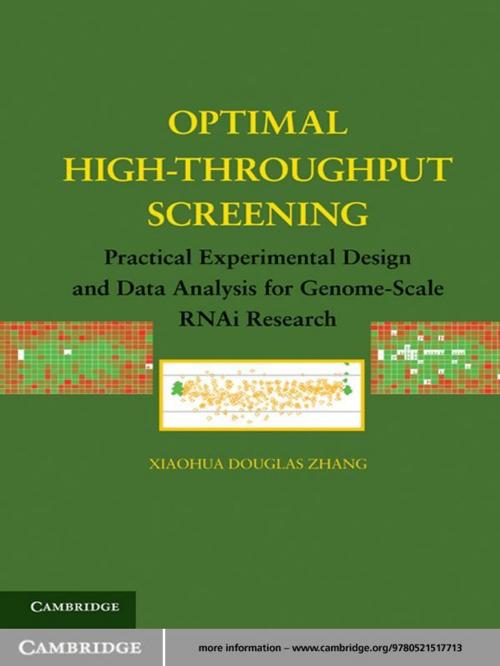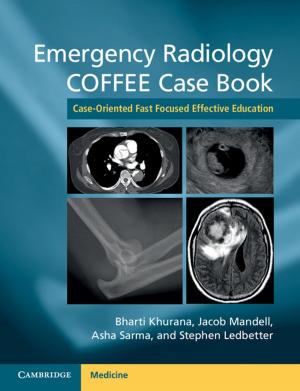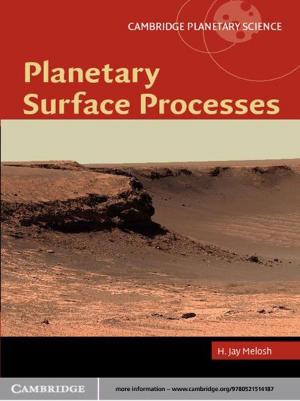Optimal High-Throughput Screening
Practical Experimental Design and Data Analysis for Genome-Scale RNAi Research
Nonfiction, Health & Well Being, Medical, Reference, Biostatistics, Science & Nature, Mathematics, Technology| Author: | Xiaohua Douglas Zhang | ISBN: | 9781139062817 |
| Publisher: | Cambridge University Press | Publication: | February 21, 2011 |
| Imprint: | Cambridge University Press | Language: | English |
| Author: | Xiaohua Douglas Zhang |
| ISBN: | 9781139062817 |
| Publisher: | Cambridge University Press |
| Publication: | February 21, 2011 |
| Imprint: | Cambridge University Press |
| Language: | English |
This concise, self-contained and cohesive book focuses on commonly used and recently developed methods for designing and analyzing high-throughput screening (HTS) experiments from a statistically sound basis. Combining ideas from biology, computing and statistics, the author explains experimental designs and analytic methods that are amenable to rigorous analysis and interpretation of RNAi HTS experiments. The opening chapters are carefully presented to be accessible both to biologists with training only in basic statistics and to computational scientists and statisticians with basic biological knowledge. Biologists will see how new experiment designs and rudimentary data-handling strategies for RNAi HTS experiments can improve their results, whereas analysts will learn how to apply recently developed statistical methods to interpret HTS experiments.
This concise, self-contained and cohesive book focuses on commonly used and recently developed methods for designing and analyzing high-throughput screening (HTS) experiments from a statistically sound basis. Combining ideas from biology, computing and statistics, the author explains experimental designs and analytic methods that are amenable to rigorous analysis and interpretation of RNAi HTS experiments. The opening chapters are carefully presented to be accessible both to biologists with training only in basic statistics and to computational scientists and statisticians with basic biological knowledge. Biologists will see how new experiment designs and rudimentary data-handling strategies for RNAi HTS experiments can improve their results, whereas analysts will learn how to apply recently developed statistical methods to interpret HTS experiments.















